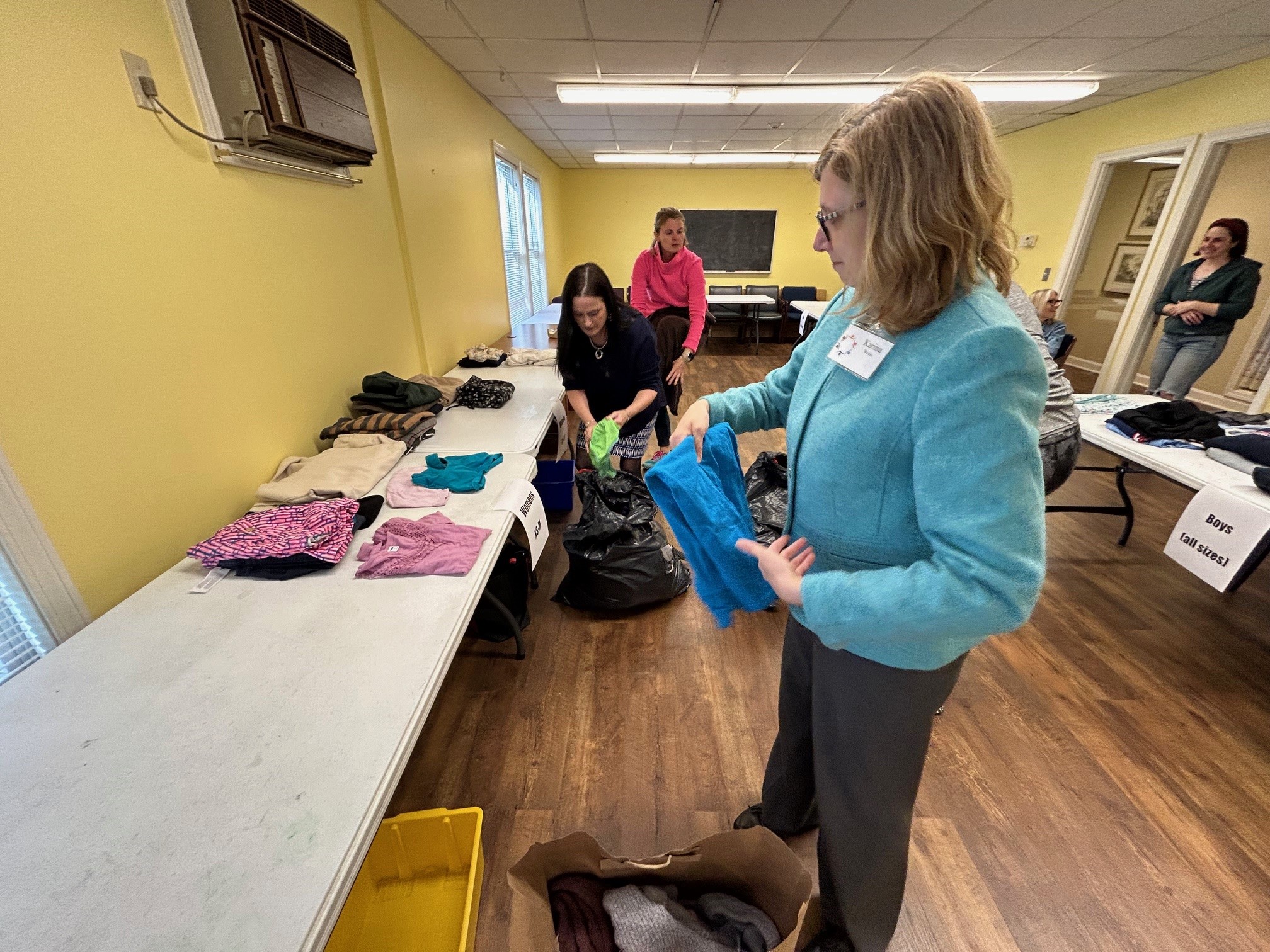Dozens of goats seized from a Cornwall farm after a case of animal cruelty are being dispersed to avoid spreading a contagious disease that most of the animals had, according to Department of Agriculture Commissioner Steven K. Reviczky.
Some of them will be adopted out for youth agricultural projects, 13 will be utilized again for agricultural production and placed through a sealed-bid auction that the department oversees, and some will be placed at animal rescues, Reviczky said. At least one of the goats died, according to data the department provided.
“We all hoped that every one of these livestock animals could be put back into agricultural production,” Reviczky said. “The decision to disperse the herd in this manner was made after months of treatment and testing by our veterinarians concluded that the contagious diseases present in the majority of animals made them not suitable for agriculture or for placement that would risk disease transmission.”
Agricultural department officials seized the goats from a cheese-making operation at Butterfield Farm Co. in Cornwall in January after they were found malnourished and in poor health, according to a news release from the Department of Agriculture. The herd was taken to the department's rehabilitation facility for large animals in Niantic. A herd of 96 was housed there.
It has cost about $42,000 so far to take car of the goats in Niantic.
Most of the goats had transmissible diseases that could be spread to other animals and "contaminate a farm's environment, preventing them from being introduced to existing, healthy herds," the department said.
The diseases afflicting the goats included Johne's, also known as paratuberculosis, which is an intestinal bacterial disease that can cause weight loss over time and death; Caseous Lymphadenitis, a "bacterial disease that most commonly causes superficial draining abscesses but can also affect internal organs" and be very contagious to other animals and, in some rare cases humans, often spreading infectious material that can stay in the environment for months; Caprine Arthritis Encephalitis, a virus that can also spread to younger animals and that causes arthritis in joints, as well as possible "lameness and weight loss," according to the department.
Local
By removing the infected animals from the herd, that can help to control and eliminate diseases and make sure it doesn't spread to the next generation of goats, Dr. Mary J. Lis said.
“These diseases are a serious concern to the goat industry,” Lis said. “They are progressive, incurable diseases that silently spread through a herd over time and from generation to generation, shortening life expectancy and productivity and reducing the overall quality of life of the individual and the herd.”
Twelve of the goats that have Caprine Arthritis Encephalitis will be quarantined at the Farm Sanctuary rescue organization or the Woodstock Farm Animal Sanctuary, according to the department. Forty-six goats with Johne's and/or Caseous Lymphadenitis or both that and Caprine Arthritis Encephalitis were sold in a livestock auction. Two more that have the latter two diseases will be auctioned off soon.
The goats with serious diseases sold at auction for $5,750.
Twenty-three goat kids born at the Niantic rehabilitation facility this spring will be utilized for youth projects in the agricultural department's Kids for Kids program for topics like "animal science and husbandry, according to department. The department will offer the goats to agricultural schools/organizations, such as FFA and 4-H, according to the department.
Some goats that have Caprine Arthritis Encephalitis will also go to the Farm Sanctuary or Woodstock Farm Animal Sanctuary and the department will sell others with Caseous Lymphadenitis in a livestock auction.
The dispersal program is intended to find a way to save the goats, while also preventing the goats' diseases from spreading to other animals and their environment, the department said.
“It is our duty as livestock veterinarians to take the necessary measures to prevent and control the spread of animal diseases and protect public health while also considering the welfare of the individual animals in our care,” veterinarian Bruce Sherman said. “That is what this herd dispersal plan is designed to accomplish.”
Baby goats will be paired with 4-H programs through the collaboration of the agricultural department and UConn's College of Agriculture, Health and Natural Resources. Connecticut's Department of Education will be partnering with FFA and agricultural science and technology programs in the area.
If you're interested in the Kids for Kids program or in getting one of the 13 goats without diseases, you can contact Lis at 860-713-2505 or mary.lis@ct.gov to get more information.



